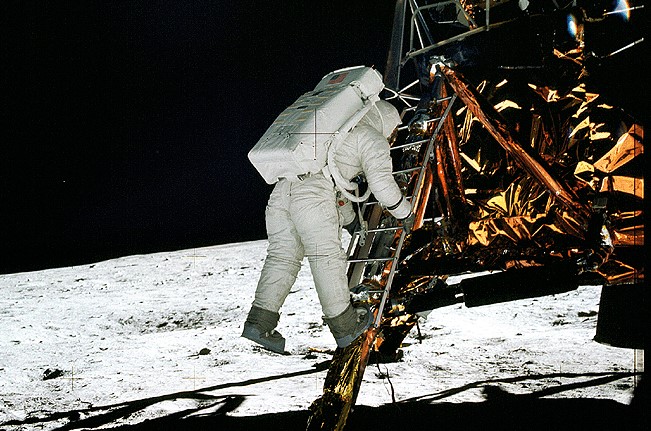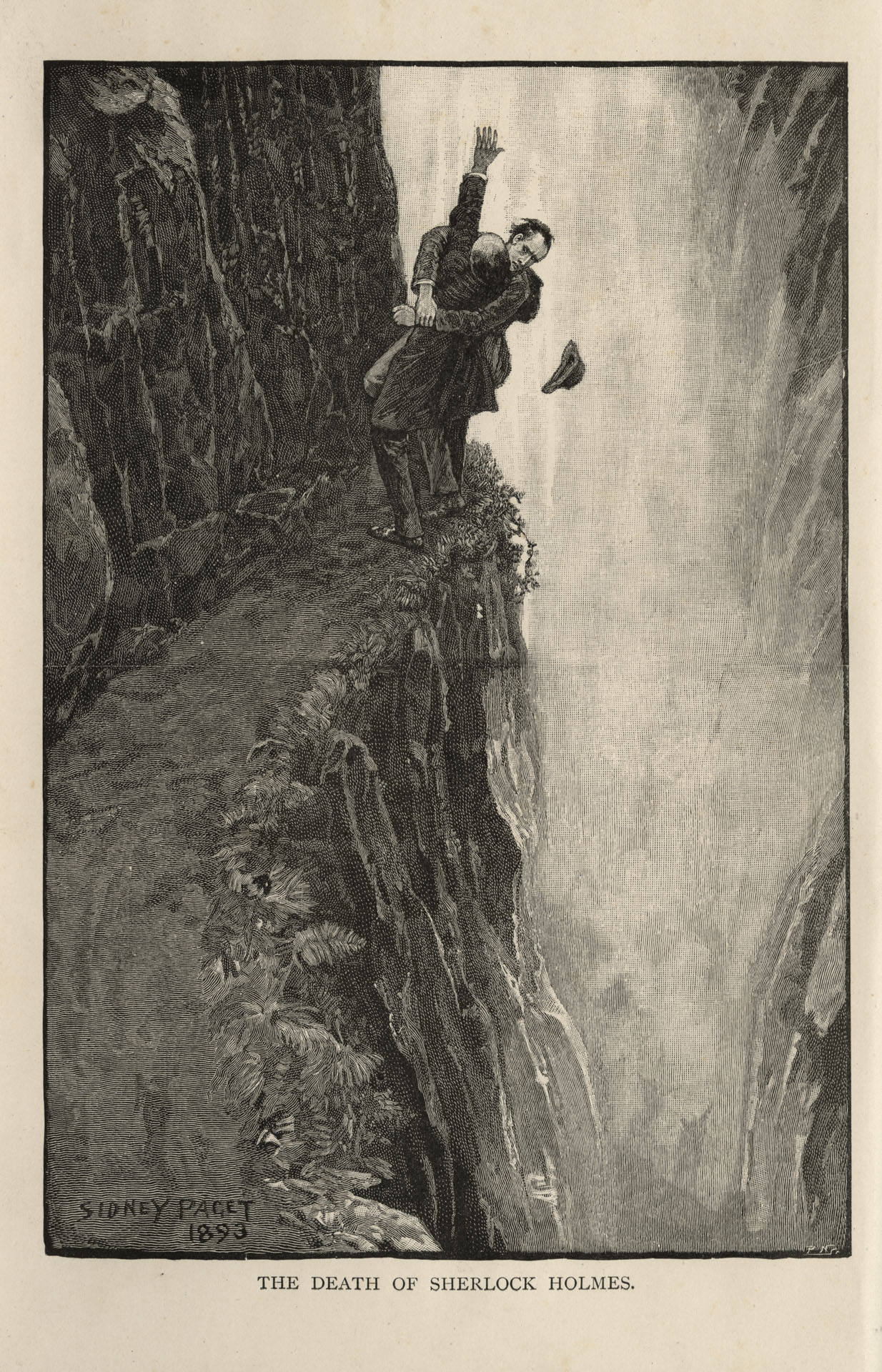This isn’t a movie review about the new documentary. This is a memory review.

1969…
While the war in Vietnam was grinding away at America’s soul, one extraordinary moment electrified and uplifted Americans and the world like never before.
On July 21, 1969, Neil Armstrong climbed down a small ladder from his lunar lander christened the “Eagle,” paused briefly, then stepped into history as he became the first man on earth to step onto an extraterrestrial surface.
Everyone who had a television watched the fuzzy, black and white images as lunar module pilot Edwin “Buzz” Aldrin became the second man to set foot on the lunar surface (as captured by Armstrong in the photo above).
However, 1969 was notable for a series of events that confused, divided, and caused us to re-examine who we were and what we stood for.
Vietnam had already taken an enormous toll on America’s psyche. After the revelation of the My Lai massacre – a horrendous war crime where “as many as 500 villagers, mostly women, children, infants, and the elderly, had been systematically killed by American soldiers during a bloody rampage on March 16, 1968″ — America’s sense of morality was shattered.
Protests over Vietnam on college and university campuses only grew louder in passion and purpose. A year earlier, in Chicago, police attacked anti-war protestors during the Democratic National Convention as activists chanted, “The whole world is watching!”
The Chicago Eight – Abbie Hoffman, Jerry Rubin, David Dellinger, Tom Hayden, Rennie Davis, John Froines and Lee Weiner – were charged with conspiracy and inciting to riot in a number of incidents including those at the Democratic Convention. Bobby Seale, the eighth defendant had his case separated from the others.
Two days before the moon landing, Senator Edward Kennedy drove his car off a bridge killing a young, female campaign worker. Adding to the tragedy, Kennedy didn’t report the accident to police for ten hours.
That same year, four followers of charismatic cult leader Charles Manson killed actress Sharon Tate and four others in a Hollywood Hills home.
Dubbed the Miracle Mets, New York’s improbable little team that could won their first World Series; Ralph Nader and his Raiders fought for consumer rights in Washington; and Houston’s Denton Cooley made medical history when he implanted the first artificial heart into 47-year-old Haskell Karp.
Amid all the turmoil and triumph, I was in my second year in a little college in the San Fernando Valley. I read: Thirteen Days, Robert Kennedy’s inside account of the Cuban Missile Crisis; Plato’s Republic; and John F. Kennedy’s Profiles in Courage. I watched: Downhill Racer, Butch Cassidy and the Sundance Kid and Medium Cool. Shot against the backdrop of the riots at the Democratic Convention in Chicago, Cool’s poster summarized the year’s zeitgeist — “beyond the age of innocence, into the age of awareness.”
I worked on a college musical entitled, Peace, and spent hours in the music library listening to everything from Tchaikovsky’s 1812 Overture to Rodgers and Hammerstein’s South Pacific; from Bach’s Brandenburg Concertos to Leonard Bernstein’s West Side Story.
All this and a class in philosophy would later inform my interest in ethics.
While ’69 had taken a toll on America’s conscience, standing above it all, the space program provided some salvation and a hopeful look to the future.
Before leaving the surface of the moon, Armstrong and Aldrin left a plaque and read its message of hope to a world in need:
“Here men from the planet earth first set foot upon the moon, July 1969 A.D. We came in peace for all mankind.”
Apollo was a Greek god of music, truth, and light, who could see into the future; a future spirited and forward-thinking; a future where a world of possibilities exists.
Those possibilities still exist if we muster the courage of our better angels.
Comments









